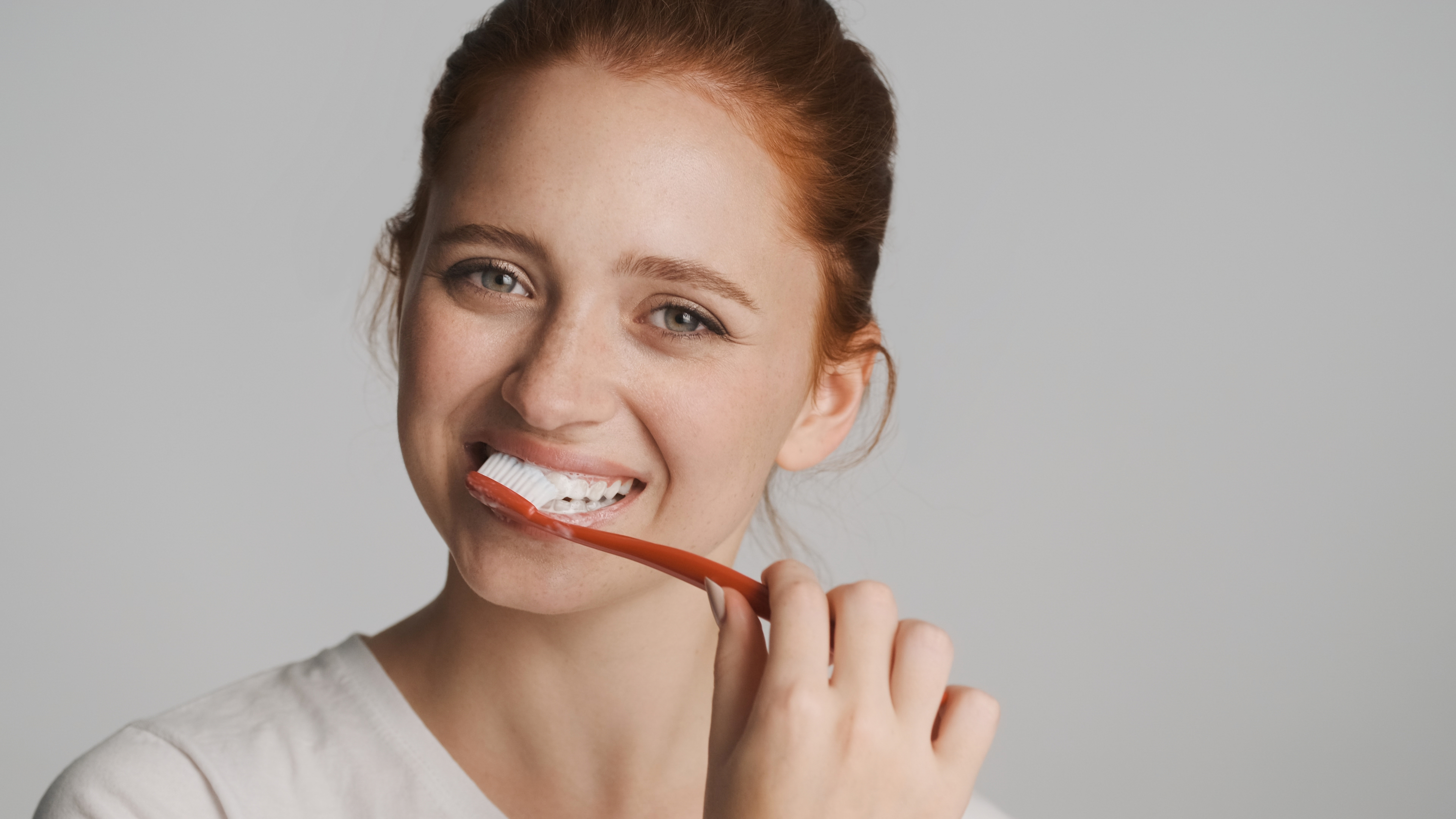
Maintaining optimal dental health is not only crucial for a radiant smile but also for overall well-being. One of the fundamental pillars of good oral hygiene is proper teeth brushing. Despite its simplicity, many people overlook the significance of this daily practice. In this blog post, we'll delve into essential tips for dental health, focusing on the proper ways to brush your teeth.
- Choose the Right Toothbrush: Selecting the right toothbrush is the first step toward effective brushing. Opt for a soft-bristled brush with a small head. This ensures that you can reach all areas of your mouth, including the back teeth, without causing damage to your gums.
- Use Fluoride Toothpaste: Fluoride is a mineral that helps strengthen tooth enamel, making it more resistant to decay. Choose a fluoride toothpaste approved by dental associations and apply a pea-sized amount to your toothbrush.
- Proper Brushing Technique: Hold your toothbrush at a 45-degree angle to your gums. Use short, gentle strokes, moving the brush back and forth in circular motions. Pay special attention to the gumline, the surfaces of each tooth, and the back teeth that often get neglected.
- Brush for an Adequate Duration: Brush your teeth for at least two minutes. Consider dividing your mouth into quadrants and spending about 30 seconds on each section. A timer or an electric toothbrush with a built-in timer can help ensure you meet the recommended brushing duration.
- Don't Forget Your Tongue: Your tongue harbors bacteria that contribute to bad breath and can affect your dental health. Gently brush your tongue or use a tongue scraper to remove bacteria and keep your breath fresh.
- Replace Your Toothbrush Regularly: Toothbrushes wear out over time, losing their effectiveness. Aim to replace your toothbrush or toothbrush head every three to four months, or sooner if the bristles show signs of fraying.
- Floss Daily: In addition to brushing, make flossing a daily habit. Flossing removes plaque and debris between teeth and along the gumline, areas that a toothbrush may not reach effectively.
- Rinse with Mouthwash: Rinse your mouth with an antimicrobial or fluoride mouthwash after brushing and flossing. This can help kill bacteria, strengthen enamel, and provide an extra layer of protection against cavities.
- Be Gentle with Your Gums: While it's essential to clean your gumline thoroughly, be gentle to avoid causing damage or recession. Brushing too hard can lead to gum irritation and sensitivity.
- Visit Your Dentist Regularly: Even with meticulous at-home care, regular dental check-ups are essential. Professional cleanings and examinations can detect issues early on, preventing more significant problems down the road.
By incorporating these essential tips into your dental care routine, you'll not only enhance the health and appearance of your teeth but also contribute to your overall well-being. Remember, a consistent and thorough oral hygiene routine is the key to a lifetime of healthy smiles.